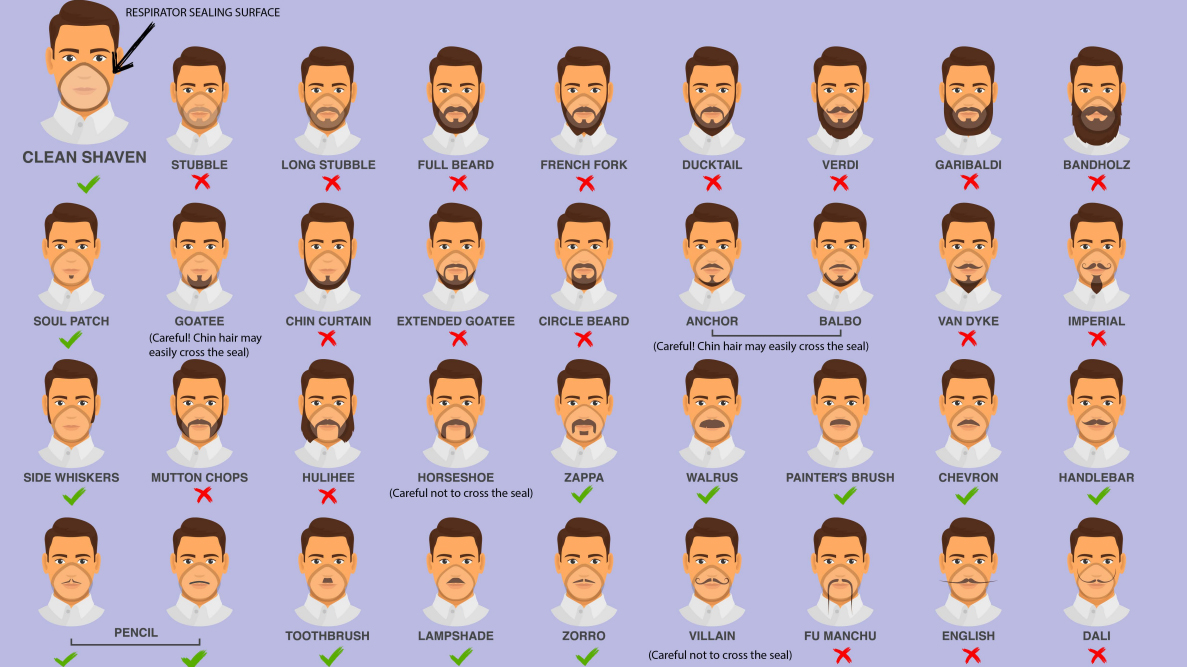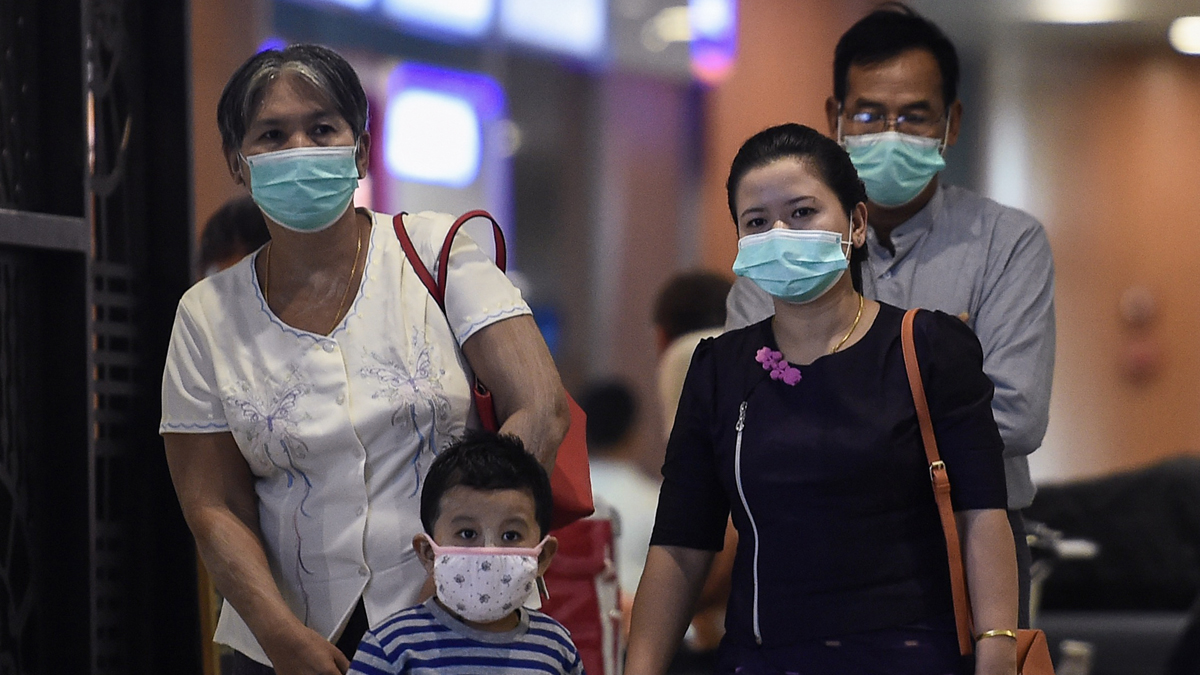With two cases of the infectious coronavirus confirmed in New York state, health officials maintain that the risk to residents contracting the illness remains low -- but there are things you can do to prepare for when the virus inevitably spreads.
DO: Wash Your Hands Frequently
The most important thing New Yorkers can do to protect themselves from COVID-19 and other person-to-person diseases is washing their hands. Spend at least 20 seconds thoroughly scrubbing your hands together with soap and water, the CDC advised.
Wash your hands after going to the bathroom, before and after eating, and after blowing your nose, coughing or sneezing.
If you are out and about and you don't have access to soap and water, use an alcohol-based hand sanitizer that has at least 60% alcohol, which will effectively kill the virus.
DON'T: Stockpile Face Masks
The CDC is not recommending anyone without symptoms to wear face masks.
Surgical masks should be reserved for people who exhibit symptoms (to prevent them from spreading the virus through respiratory secretions such as saliva or mucus) and healthcare professionals who are taking care of sick people.
Regular surgical face masks are not effective in protecting against the coronavirus, according to the CDC. A more specialized face mask known as N95 respirators are thicker than surgical masks and are fitted to a person’s face to keep out any viral particles.
DO: Avoid Contact With Those Who Are Sick
Symptoms of COVID-19 are similar to other respiratory diseases and they include fever, cough and shortness of breath. The CDC's recommendation to anyone with symptoms is to stay home and avoid contact with others.
You should contact your healthcare provider if you develop symptoms, and have been in close contact (at least 6 feet) with a person known to have COVID-19 or if you have recently traveled from an area with widespread or ongoing community spread of the virus.
Currently, the countries with health notices and ongoing transmission are China, Iran, Italy, South Korea and Japan.
The CDC says you shouldn't share items such as dishes, cups, eating utensils, towels, or bedding with other people or pets in your home. If unavoidable, the items should be cleaned with soap and water. Surfaces such as counters, doorknobs, phones and keyboards should also be frequently cleaned.
DON'T: Avoid Going Into Chinese-Owned Businesses
While COVID-19's epicenter is in Wuhan, China, the disease can make anyone sick regardless of their race or ethnicity, the CDC said.
Local businesses in Chinatown and Flushing, Queens, say that they have seen a large drop off in their businesses since the virus started spreading but the fear that Chinese Americans are more likely to carry the virus is baseless.
"Stigma hurts everyone by creating more fear or anger towards ordinary people instead of the disease that is causing the problem," the CDC said.
DO: Store Supplies, Medicines and Keep Medical Records Handy
If COVID-19 becomes more widespread, the Department of Homeland Security says you should stock up on medicine and supplies for you and your children. Pain relievers, cough and cold medicines, medicine for upset stomachs and even fluids that contain electrolytes are recommended.
People with prescription medicines should also make sure they have enough regular supply. Having copies and electronic versions of your health records can also be useful in a pandemic, DHS says.
If there's ever an interruption in the supply chain, the DHS recommends having at least 2 weeks worth nonperishable food and bottled water.



